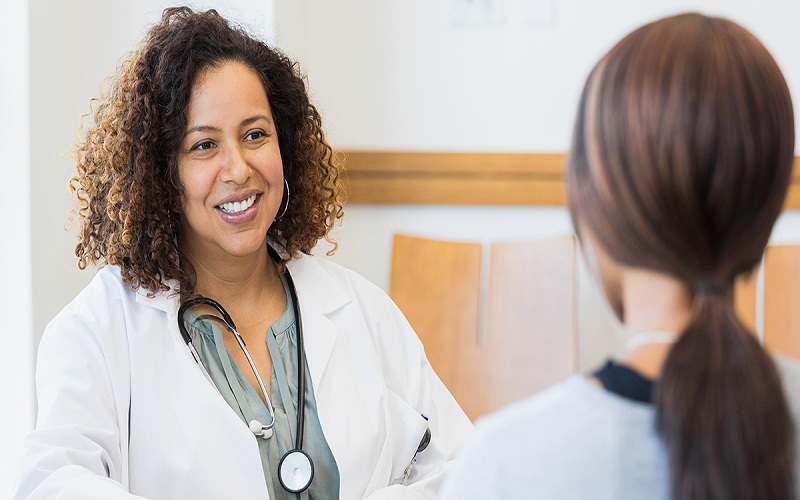Welcome to this guide on understanding Polycystic Ovary Syndrome, known as PCOS. This health issue affects one in ten women. It’s time we discuss this openly. We’ll use insights from portland femforward health. We’ll break through the confusion. We’ll help you grasp this complex syndrome. Let’s dive in.

What is PCOS?
PCOS is a health problem. It affects women’s ovaries. The ovaries can enlarge. They can develop small sacs on the outer edges. These sacs are filled with liquid. They’re called cysts.
What causes PCOS?
Doctors aren’t sure about the exact cause. But, they think it’s likely due to a combination of factors. These include high levels of insulin and androgen. Family history also plays a part.
What are the symptoms?
Many women can experience PCOS differently. But, the most common symptoms include irregular periods, heavy bleeding, excess hair growth, acne, weight gain, and darkening of the skin.
How is it Diagnosed?
Doctors use a few methods to diagnose PCOS. They start with a medical history. Then, they do a physical exam. Blood tests can check hormone levels. Finally, ultrasounds can show cysts on the ovaries.
Table of Common PCOS Symptoms
| SYMPTOM | FREQUENCY |
| Irregular periods | 70% |
| Heavy bleeding | 50% |
| Excess hair growth | 70% |
| Acne | 40% |
| Weight gain | 80% |
| Darkening of the skin | 30% |
How is it Treated?
There’s no cure for PCOS. But, symptoms can be managed. Treatments can control symptoms and manage complications. Lifestyle changes and medication can help.
Remember, you’re not alone. Many women live with this condition. With the right help and support, you can manage it. For more information on PCOS, visit the National Institute of Child Health and Human Development’s webpage.
